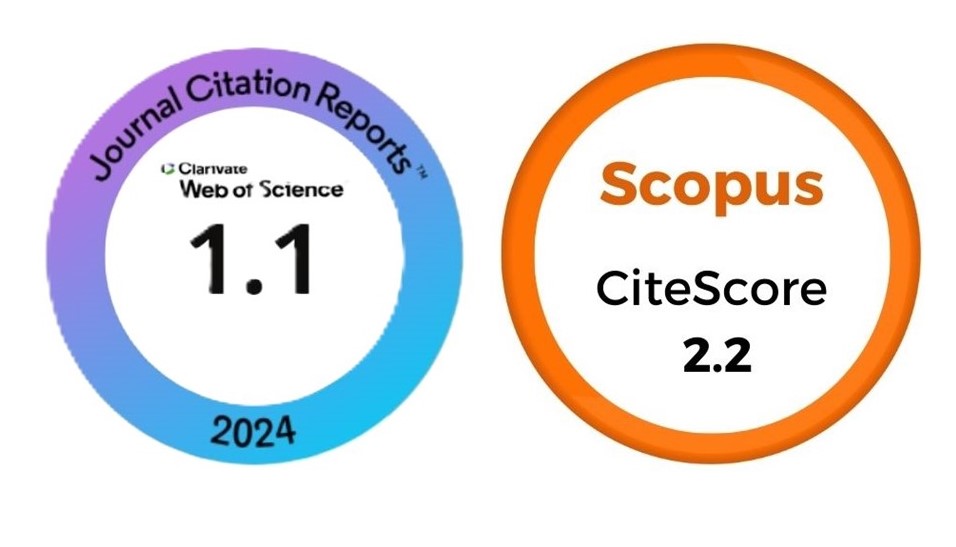In vitro culture and greenhouse acclimatization of Oncidium varicosum (Orchidaceae) with microorganisms isolated from its roots
DOI:
https://doi.org/10.1590/2447-536X.v25i4.2046Keywords:
co-culture, in vitro seedling development, microorganisms, synergism, acclimatization, conservation.Abstract
Sustainable production of orchids may be achieved with the use of symbiotic microorganisms that improve resistance of plants to pests and diseases and reduce the need of substrate fertilization. In this study, one fungus (F1), one yeast (Y1) and one grampositive bacteria (B+) were isolated from the roots of the orchid Oncidium varicosum and used in the cultivation of protocorms and plantlets obtained from seeds of this species. Cultivation of protocorms in Murashige and Skoog (MS) medium enriched with sucrose and inoculated with microorganisms did not result in better development of protocorms. However, the use of plantlets in the rooting phase in MS medium without sucrose and inoculated with B+ resulted in plantlets with more leaves and roots and longer shoots and roots, suggesting synergism between microorganism and plant when sucrose is absent. The major benefits of co-cultivating plantlets and these microorganisms were observed in the acclimatization in the greenhouse. Plantlets obtained with oat meal agar medium and B+ showed the highest pseudobulb diameter, number of roots, height and fresh weight among treatments. We concluded that the application of rooting-derived microorganisms in the in vitro culture and plantlet acclimatization of Oncidium varicosum is beneficial.








